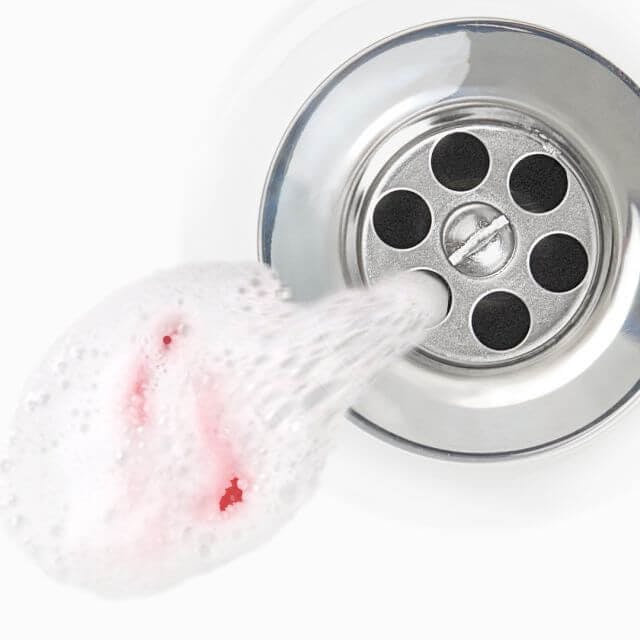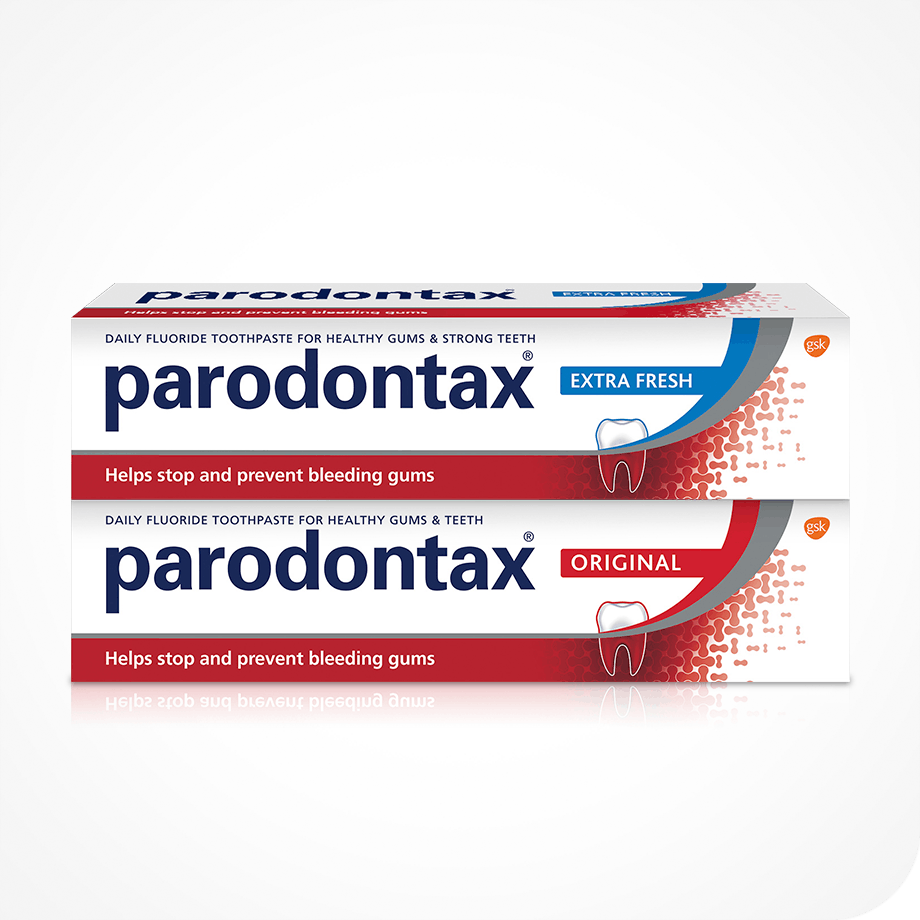Select Location:
PK
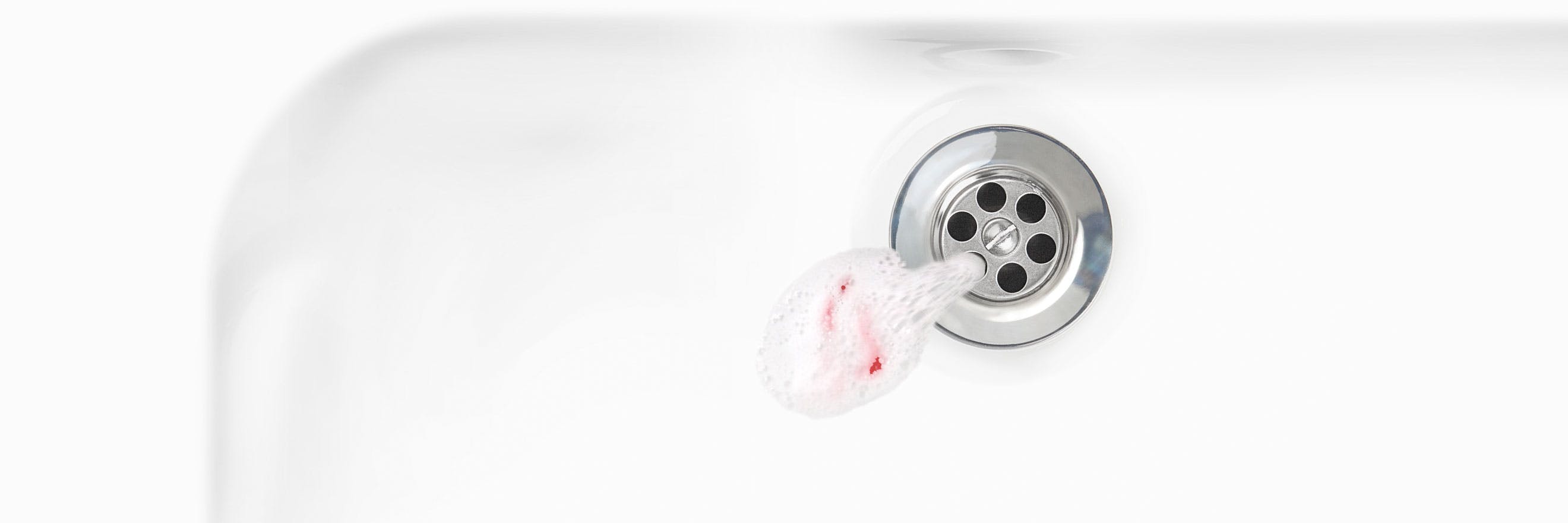
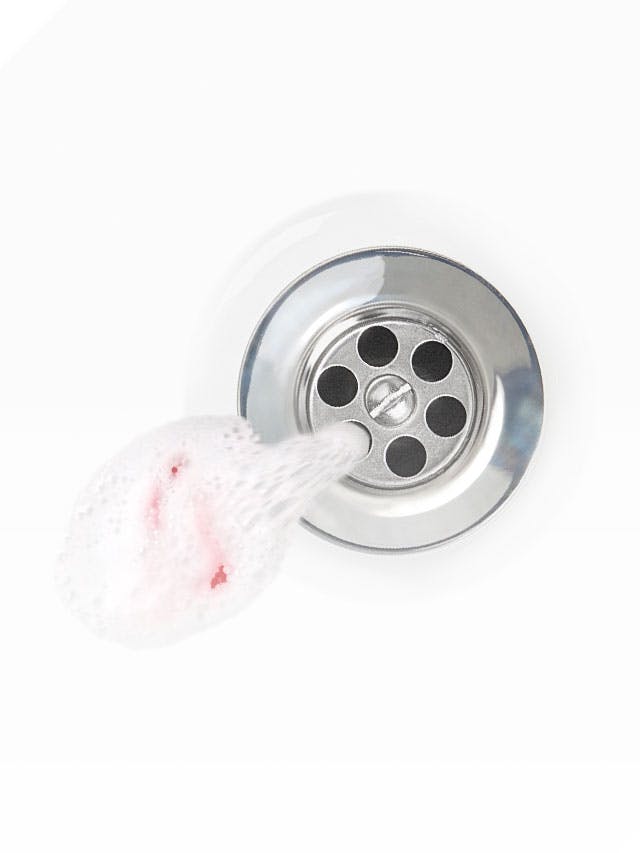
Symptoms of Gum Disease
All you need to know about receding gums
The term receding gums refers to when your gums draw back from your teeth, exposing the root beneath. The first sign tends to be increased tooth sensitivity, but you may also notice a tooth looks longer than normal or feel a notch where the gum meets the tooth (the area known as the gum line).
Although a common dental problem, gum recession should not be ignored as it can be a sign of gum disease.
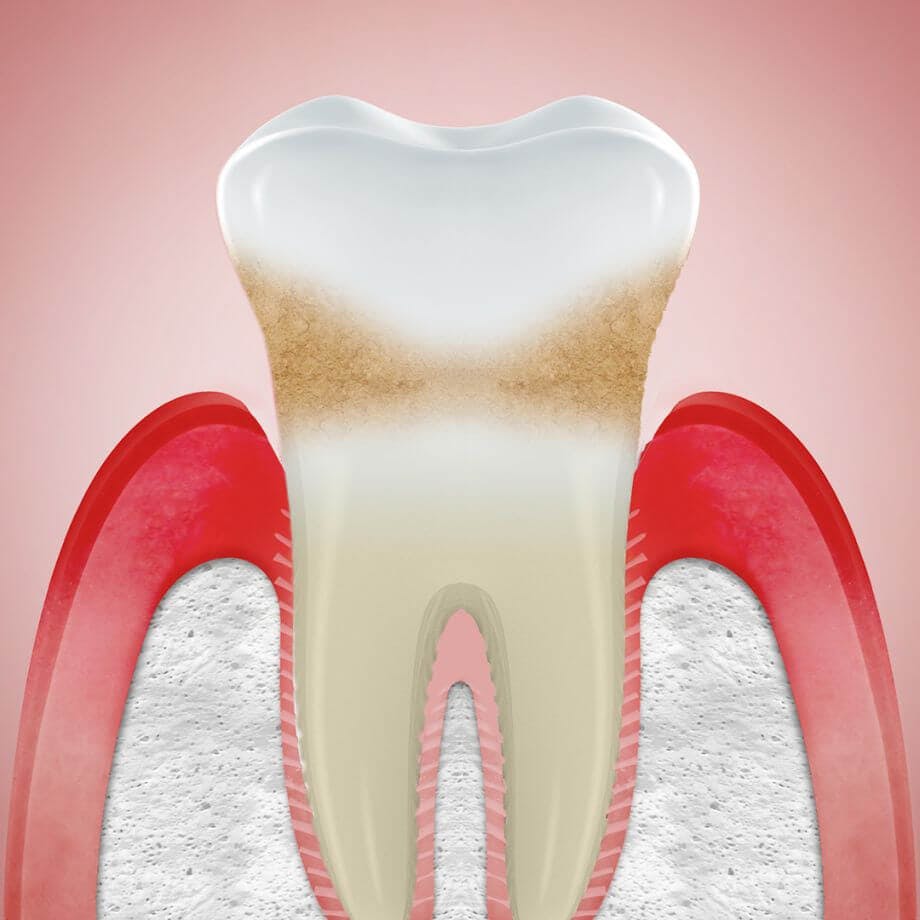
What causes receding gums?
Receding gums can be caused by a number of factors, including ageing, brushing too hard or even poor oral health. Poor oral health can lead to gingivitis, when the gums become inflamed due to the presence of plaque bacteria and, if left untreated, eventually begin to recede.
If the cause of receding gums is not identified, and it is allowed to continue, gum recession can lead to more serious oral health problems. The gum may start to come away from the tooth, creating 'pockets' around it where even more plaque can build up. Over time, these pockets deepen, gums continue to recede and teeth can become loose.
How to stop receding gums
It’s a stark fact: once gums start to recede, they do not grow back. This means that noticing and treating the problem at the earliest stage – and before it develops into anything worse – is vital.
Therefore, the first thing to do if you suspect you may be experiencing gum recession is speak to your dentist as they will be able to identify the cause of receding gums and advise on the best receding gums treatments for you.
By reviewing your daily oral care routine with your dentist, you can help stop gums receding in the first place or, if you are already suffering from the problem, prevent it getting any worse.
Switching to a toothpaste like parodontax can help stop and prevent bleeding gums. With twice daily brushing, it is 4x more effective* than a regular toothpaste at removing the build-up of plaque bacteria along the gum line (the area where the gum meets the tooth), helping to keep gums healthy and teeth strong.
*Removes more plaque bacteria than a regular toothpaste, following a professional clean and twice daily brushing.












































